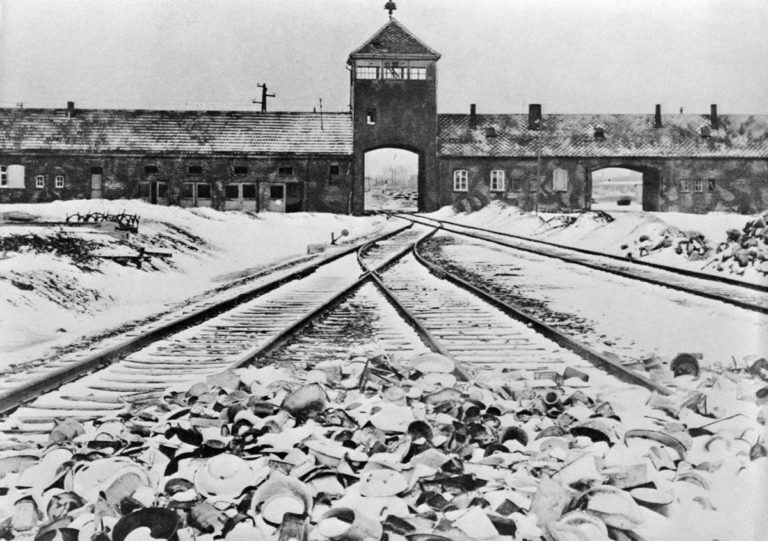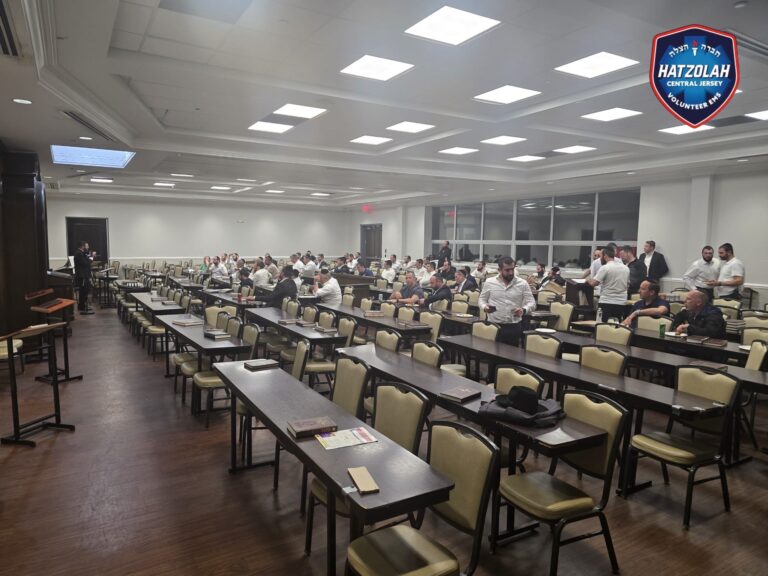New York would boost state school aid, provide sweeping property tax relief and deliver bonuses to health care workers over the next year if lawmakers pass a $216.3 billion budget outlined by Gov. Kathy Hochul on Tuesday.
Top legislative leaders are expected to keep negotiating with Hochul to finalize the budget, which must be in place by April 1. The final budget often largely resembles a governor’s budget proposal, with some tweaks sought by lawmakers.
SPENDING INCREASES
Hochul is proposing a 3.1% spending increase in taxpayer dollars for her 2022 proposed budget, which would run from April through March 2023.
The Democratic governor says the spending increase is just below the rate of inflation.
School spending would increase by $2.1 billion, a 7.1% increase. New York raised taxes on high earners and corporations last year with plans to use millions in new tax revenues to keep increasing the state’s share of school aid.
Her budget also includes $1.2 billion in bonuses for health care and front line workers. If that passes, it’ll be up to the state to come up with specifics of how it would guarantee such bonuses.
TAX RELIEF
Hochul proposes offering $2.2 billion in one-time property tax rebates for low- and middle-income homeowners.
That rebate would arrive this fall, when Hochul is set to appear on the ballot for governor.
Hochul also wants New York to decrease tax rates for the middle class by $162 million through April 2023.
Currently, the state is set to wait until 2025 to fully phase in those long-planned tax cuts.
Counties could also raise sales taxes without approval from state lawmakers under another proposal by Hochul.
But state budget director Robert Mujica stressed that Hochul’s budget itself wouldn’t raise taxes.
MARIJUANA SALES
New York has yet to launch recreational marijuana sales, but budget officials project the industry will bring in $56 million in revenues through March 2023.
New York expects to start issuing licenses for sellers of adult-use recreational marijuana sometime next year, state budget director Robert Mujica said Tuesday.
Some sales could also start in 2023, according to Mujica, who said officials expect licensing fees will make up most of the revenue at first.
And New York expects to release regulations for recreational marijuana sales “in the first quarter of this year,” state Office of Cannabis Management spokesperson Freeman Klopott previously told The Associated Press.
Hochul’s budget also includes a $200 million fund backed by state and private dollars to provide capital and startup support to help applicants from underrepresented communities.
CASINO, SPORTS BETTING
Hochul is proposing to allow New York to start accepting bids for three new casinos this year, one year earlier than previously planned.
Lobbyists for the gambling industry have long pushed for lawmakers to lift a moratorium on downstate casinos until 2023.
Previous Gov. Andrew Cuomo said lifting that moratorium would benefit lobbyists for certain companies including MGM and Sands.
Meanwhile, New York’s recent launch of mobile sports betting is expect to bring in $249 million in revenue through March alone, Hochul said. That’s expected to climb to $357 million through March 2023.
SOARING REVENUE
New York is bringing in much more tax revenue than state budget officials expected last year.
The latest budget projections released Tuesday say New York will see $5 billion more in tax revenues through March than projected last fall.
That revenue jump is due in part to the state’s slowly recovering economy, as well as tax hikes lawmakers passed last year on high earners and large corporations.
RAINY DAY FUND
Some fiscal watchdogs are worried about the state’s reliance on one-time federal funding amid the coronavirus pandemic.
Hochul said she wants the state to set aside more funding in case of future catastrophes.
Rainy day funds would eventually make up 15% of the state’s budget under her multi-year plan.
NO FUNDING FOR RENTAL AID, UNDOCUMENTED WORKERS
Hochul’s budget doesn’t include some spending increases sought by liberal advocacy groups, including a push to add $3 billion in aid for undocumented workers.
Other liberal groups are calling for more funding for the state’s emergency COVID-19 rental assistance program, or passage of universal health care. Top Democratic legislative leaders say funding universal childcare is a top priority.
The governor is also proposing $2 billion in pandemic recovery spending — a potential pool of money that lawmakers could tap into.
Hochul, of Buffalo, didn’t address whether, and by how much, state taxpayers will foot the bill for a potentially $1.3 billion, 60,000-plus seat stadium across the street from the Buffalo Bills’ current facility.
(AP)











